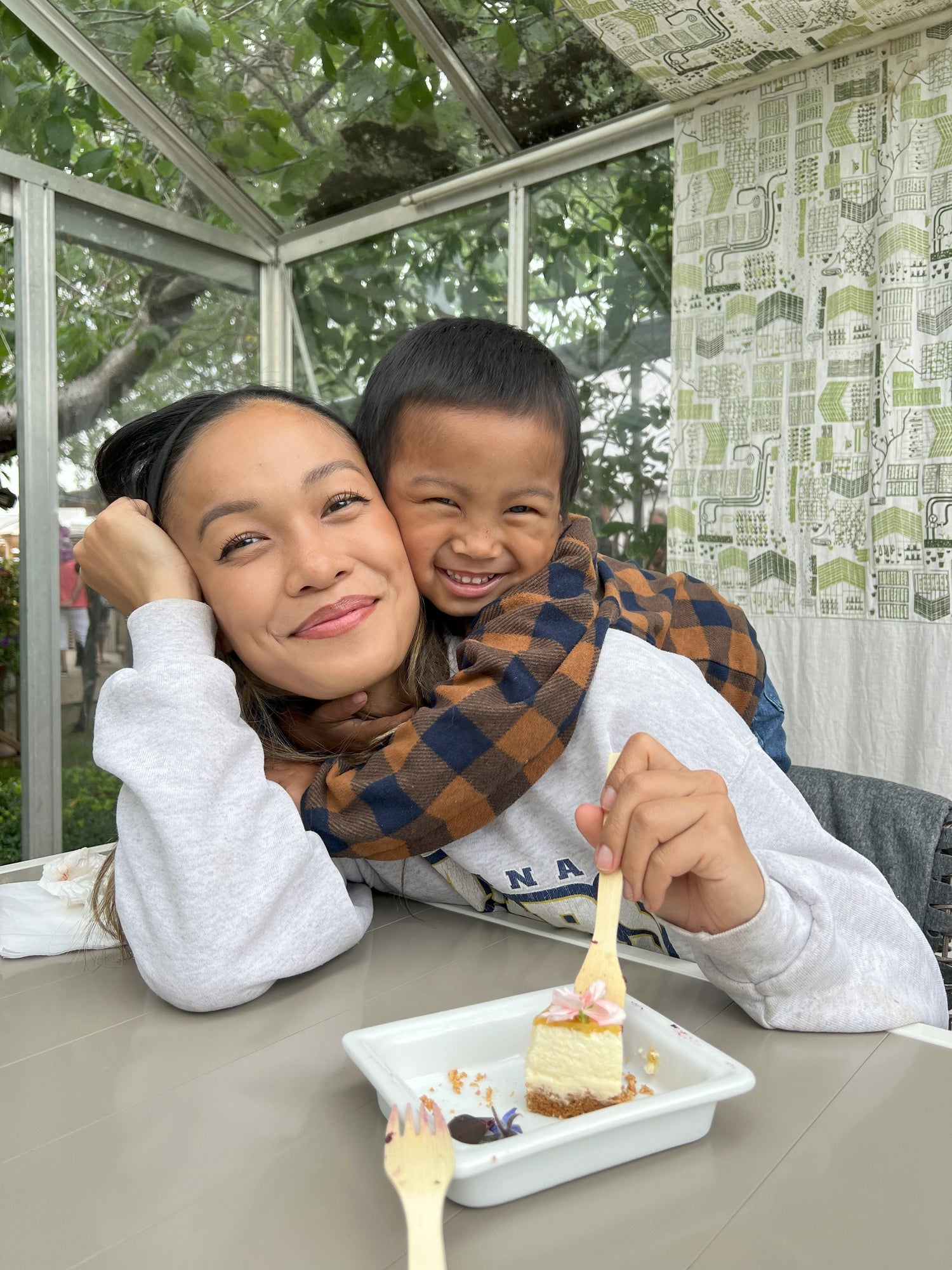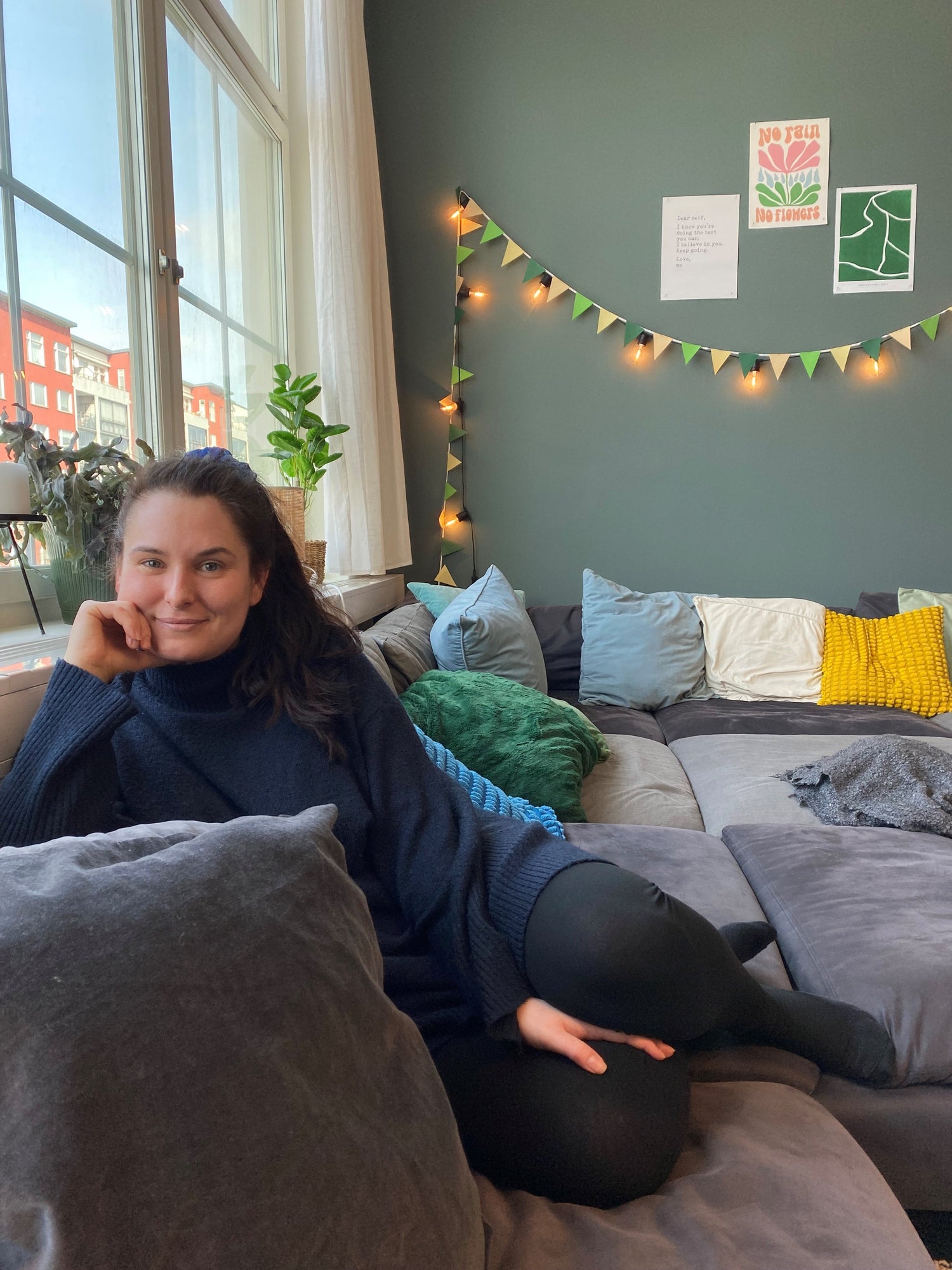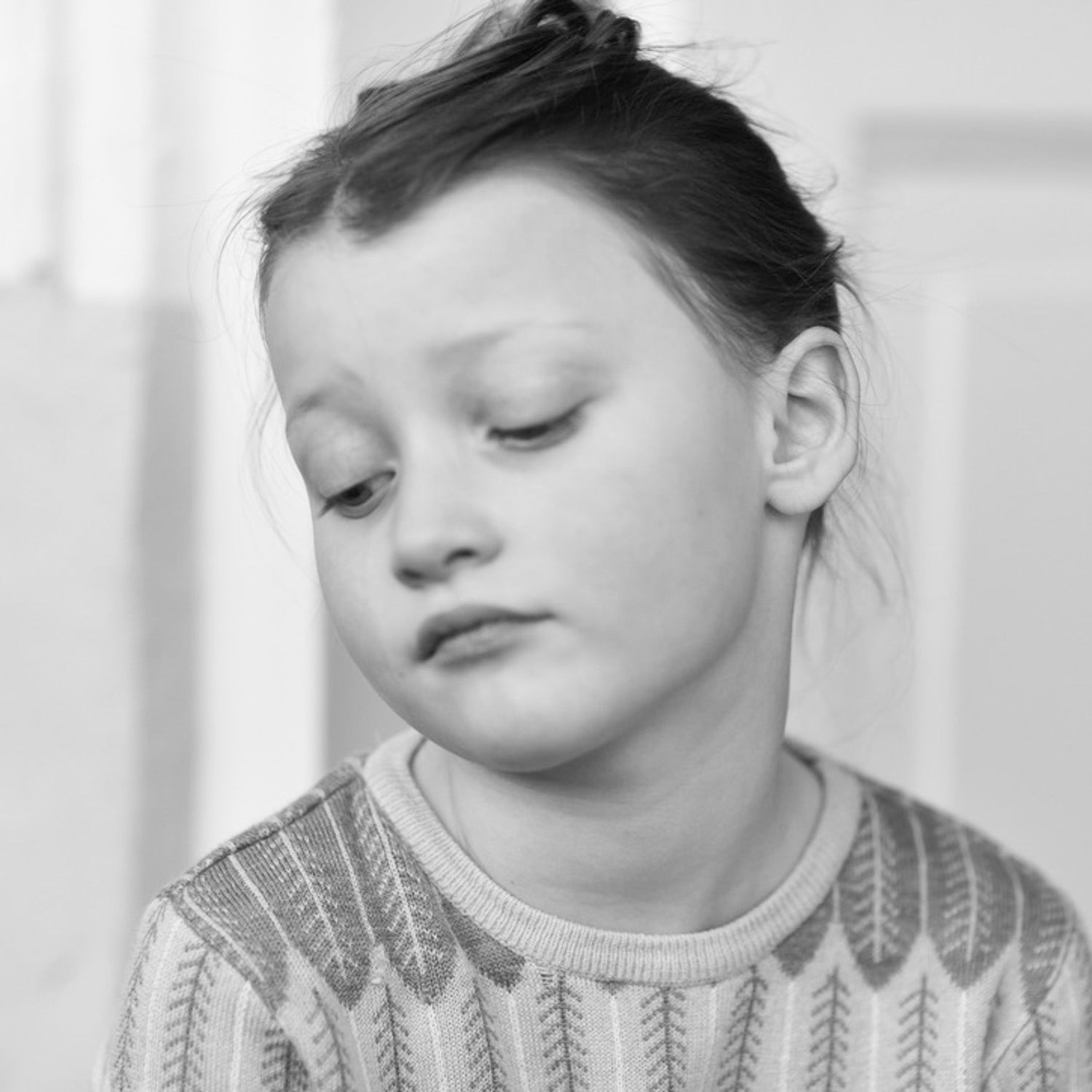Who decides how it should be? Who said it has to be a certain way for it to be good? Where does our idea of what a summer with children should be like come from?
"In today's society, people are almost constantly connected and have high levels of activity, something that today is considered to be the normative behavior. What the word "holiday" is loaded with is different from person to person, but even here there is an unspoken norm that consists of lots of "tables" and "musts". It is easy to only do what you have to and should, even on holiday. I think you should do exactly the opposite.
It is important that you actively make conscious choices and not live by the many ideas that exist about what a successful holiday is like. There are certain "musts" and "haves", but you have to reflect on which ones are most important and eliminate the others. A holiday is an opportunity to indulge in things that make you feel good and give you rest. To find out what it is, you need to reflect on what your everyday life looks like, where you are in life and what needs you have right now.
A vacation often involves expectations, something that should be avoided as much as possible. It can be good not to have too much planned during the summer vacation, but to take most of it as it comes.
- Expectations can be life-threatening. Then you have a picture of how you want things to be, and then you are set for disappointment. Try to be more curious and exploratory instead of being so expectant. The key word in thinking about holidays is to be open to what is and appreciate what is in the present, not how you wish it could be.
"Life is magical in itself," says Elisabeth Serrander, certified existential psychotherapist. (Source: varden.se)

Sometimes we need help along the way in the conversations with the children. Our emotion cards are a perfect tool for anyone who lives and works with children. Look HERE





